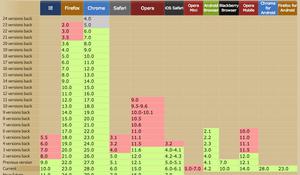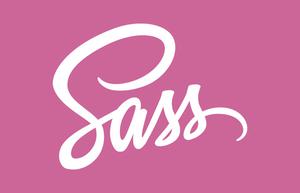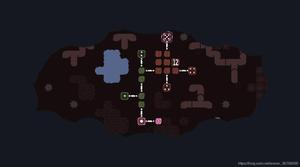CSS ::溢出滚动渐变
向溢出元素添加渐变,以更好地指示还有更多内容要滚动。
的HTML
<div class="overflow-scroll-gradient"><div class="overflow-scroll-gradient__scroller">
Lorem ipsum dolor sit amet consectetur adipisicing elit. <br />
Iure id exercitationem nulla qui repellat laborum vitae, <br />
molestias tempora velit natus. Quas, assumenda nisi. <br />
Quisquam enim qui iure, consequatur velit sit? <br />
Lorem ipsum dolor sit amet consectetur adipisicing elit.<br />
Iure id exercitationem nulla qui repellat laborum vitae, <br />
molestias tempora velit natus. Quas, assumenda nisi. <br />
Quisquam enim qui iure, consequatur velit sit?
</div>
</div>
的CSS
.overflow-scroll-gradient { position: relative;
}
.overflow-scroll-gradient::after {
content: '';
position: absolute;
bottom: 0;
width: 240px;
height: 25px;
background: linear-gradient(
rgba(255, 255, 255, 0.001),
white
); /* transparent keyword is broken in Safari */
pointer-events: none;
}
.overflow-scroll-gradient__scroller {
overflow-y: scroll;
background: white;
width: 240px;
height: 200px;
padding: 15px;
line-height: 1.2;
}
解释
position: relative 在父对象上建立一个用于伪元素的笛卡尔定位上下文。
::after 定义一个伪元素。
background-image: linear-gradient(...) 添加一个线性渐变,该渐变从透明变为白色(从上到下)。
position: absolute 从文档流中取出伪元素,并将其相对于父元素放置。
width: 240px 匹配滚动元素的大小(滚动元素的大小是具有伪元素的父元素的子元素)。
height: 25px 是衰落梯度伪元素的高度,应保持相对较小。
bottom: 0 将伪元素放置在父元素的底部。
pointer-events: none 指定伪元素不能成为鼠标事件的目标,从而允许其后面的文本仍然是可选的/交互式的。
浏览器支持
✅没有警告。
以上是 CSS ::溢出滚动渐变 的全部内容, 来源链接: utcz.com/z/311505.html








